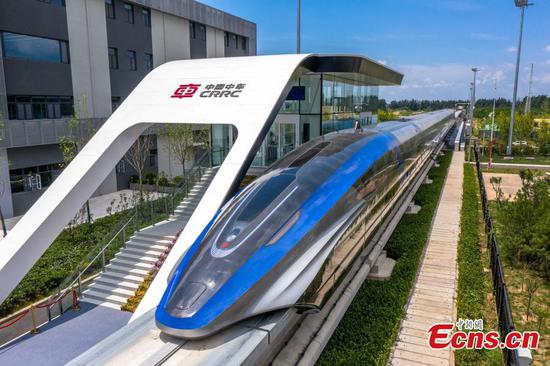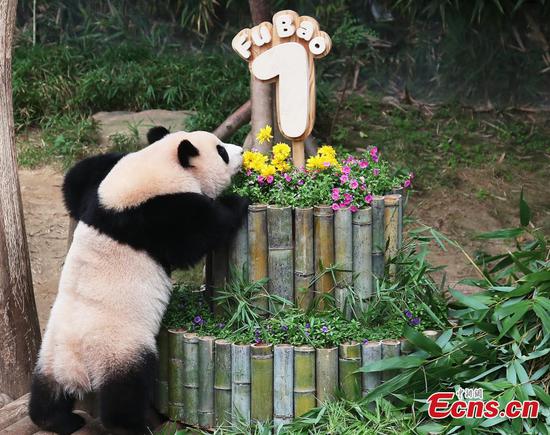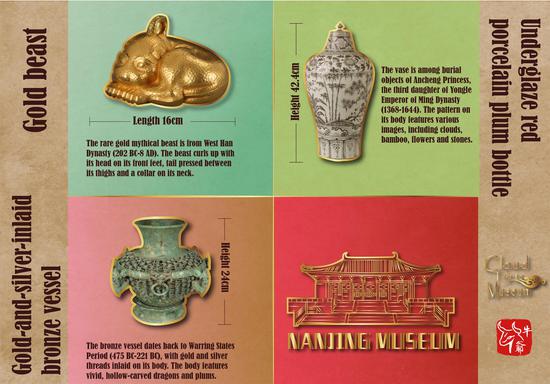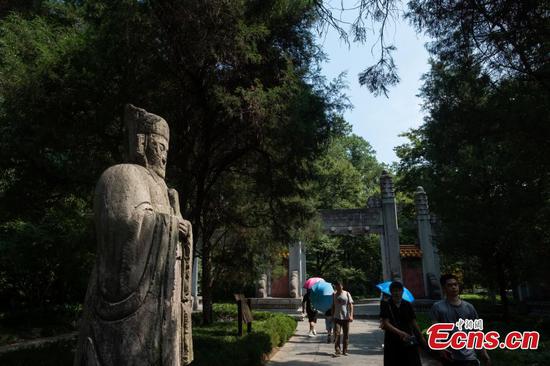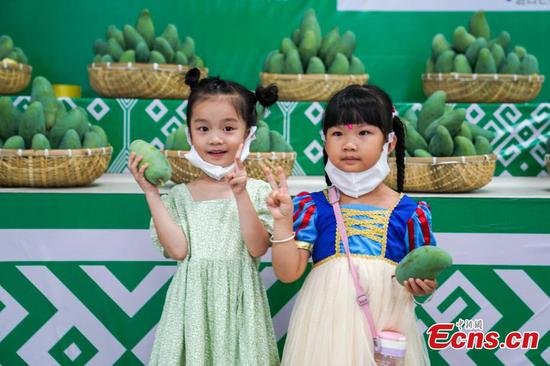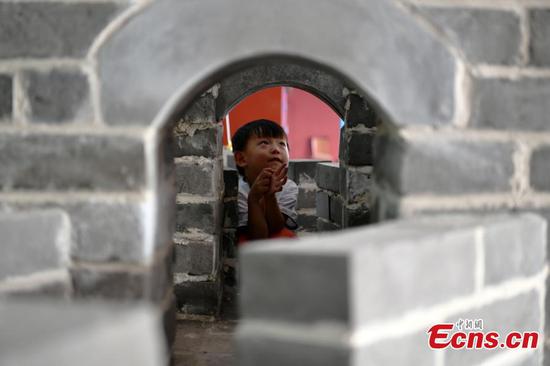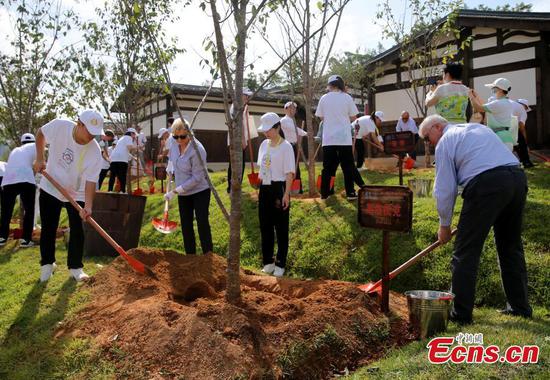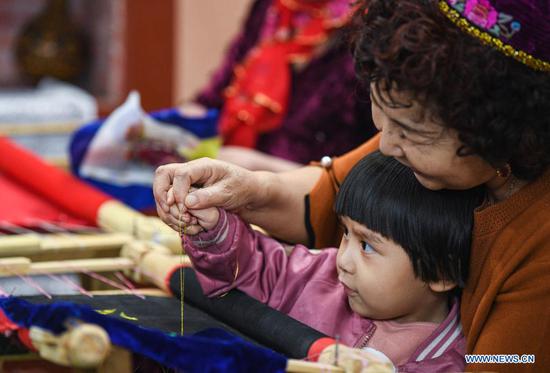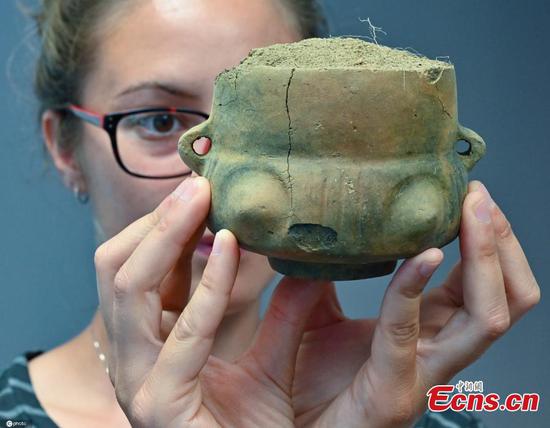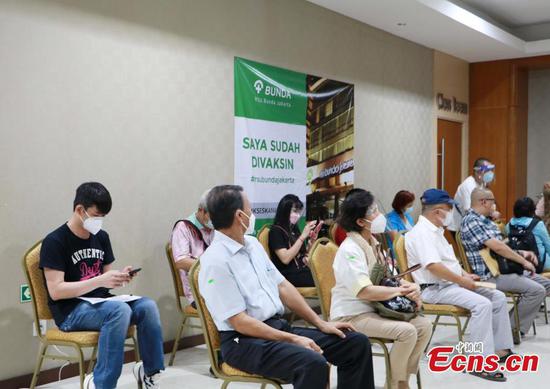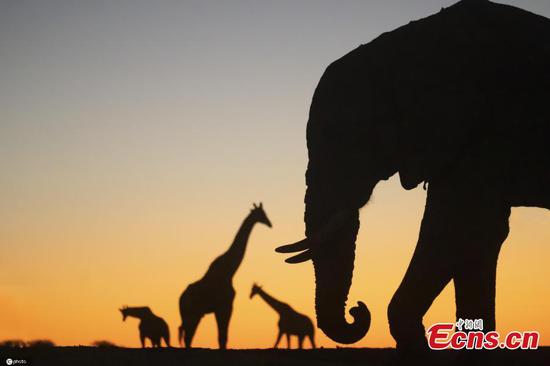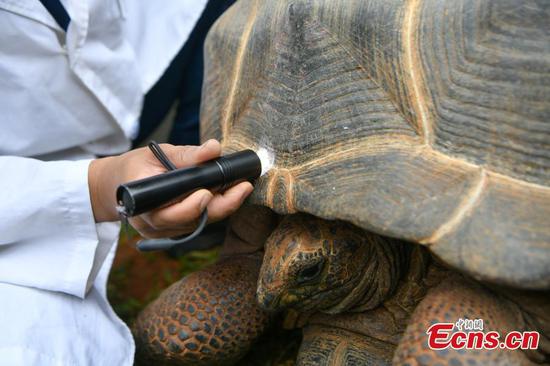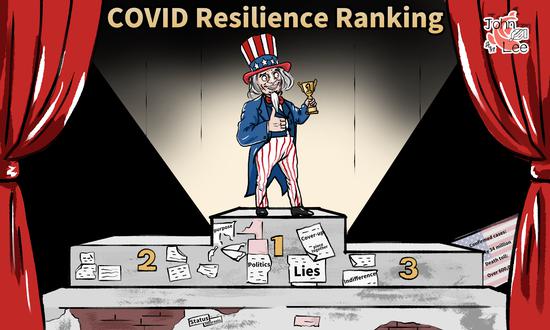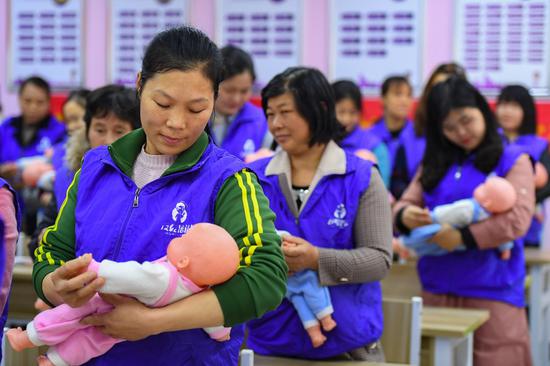
Trainees learn baby nursing skills at a vocational training school in Changsha County of Changsha City, central China's Hunan Province, April 9, 2021. (Xinhua/Chen Zeguo)
MORE SUPPORT
Since the two-child policy, people's inclination to produce offspring has undergone significant changes, Yang noted.
A key task in implementing the three-child policy is to improve supporting measures and relieve families of their worries to unleash the childbirth potential, Yang said.
After the two-child system, many families who wanted to have a second child may still hesitate due to various reasons. They include the economic burden, the difficulty in looking after a new baby, and the predicament of women to balance family and career, Yang added.
China will ensure the health of pregnant, lying-in women and children, tighten supervision of human-assisted reproductive technology and related applications, and adopt comprehensive measures to prevent birth defects, the decision said.
The decision proposed measures to provide affordable nursing services and reduce the cost of births and the care and education of children, such as allowing tax deductions for expenses on children under three.
China will also continue to safeguard the legitimate rights and interests of families with only one child, according to the decision.
The country will continue to implement its current reward and assistance system and preferential policies for families with only one child and rural families with only two daughters born before the two-child policy, it said.
Efforts will also explore setting up a leave system for children from one-child families to care for their parents.








